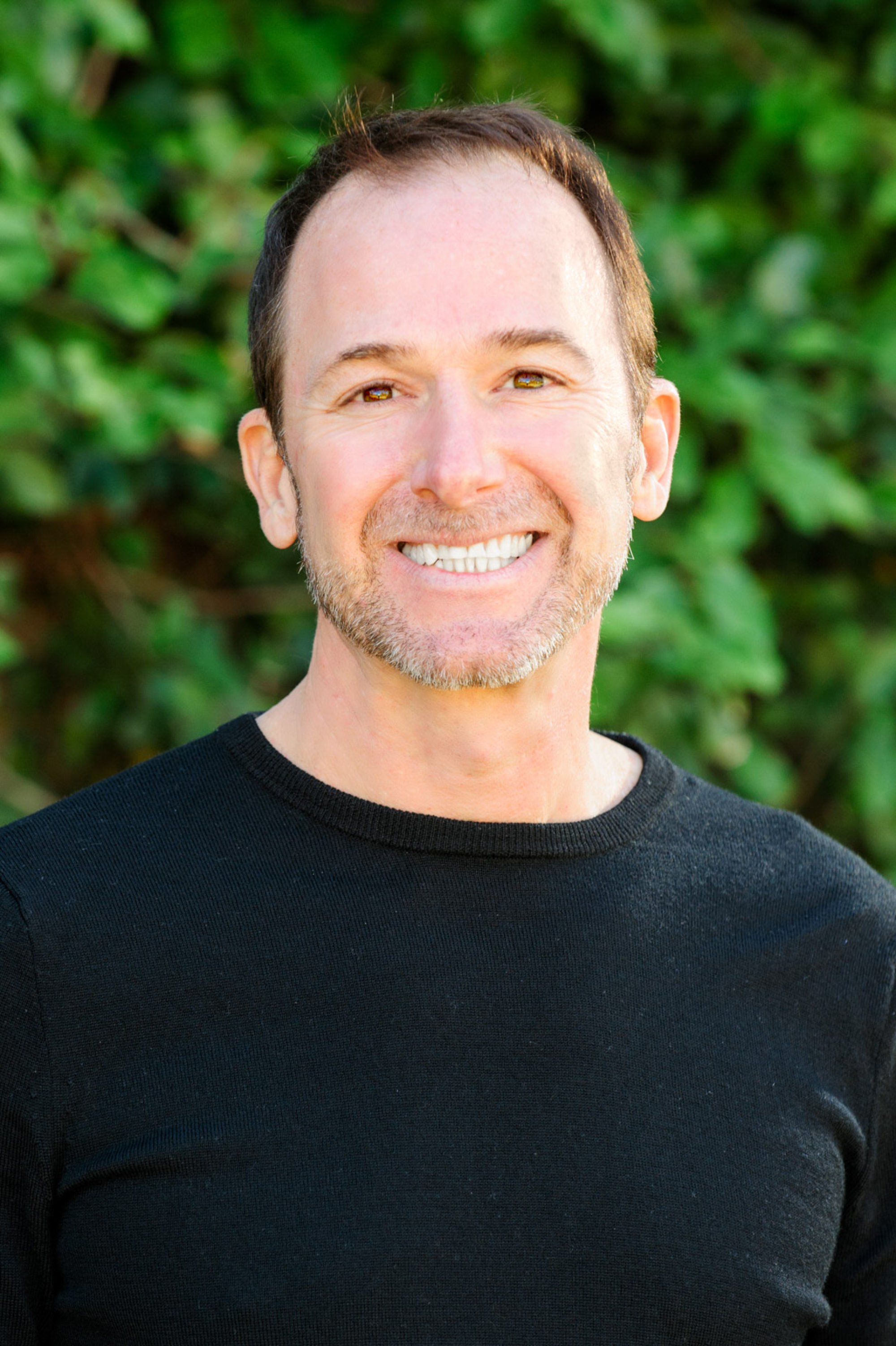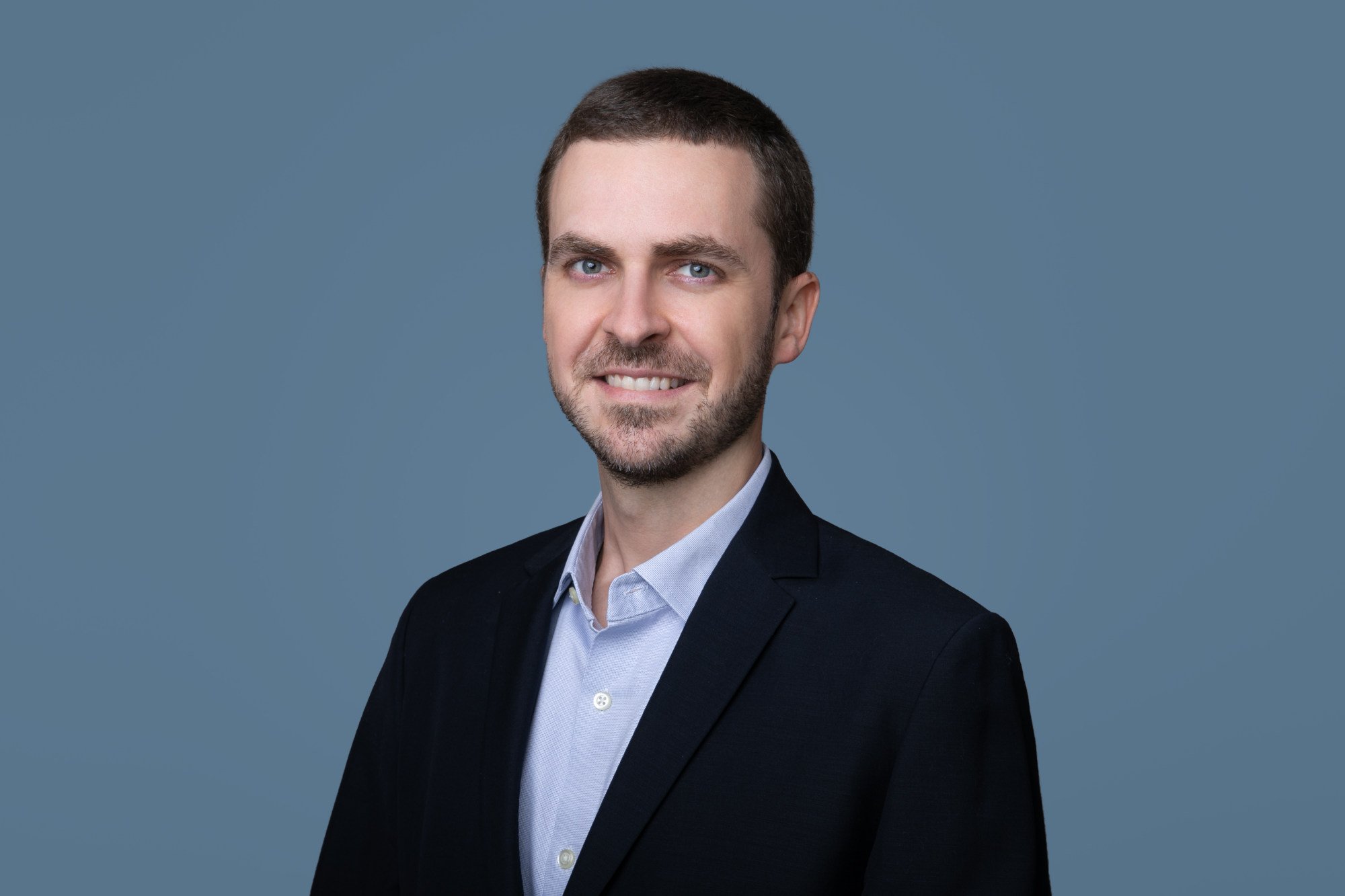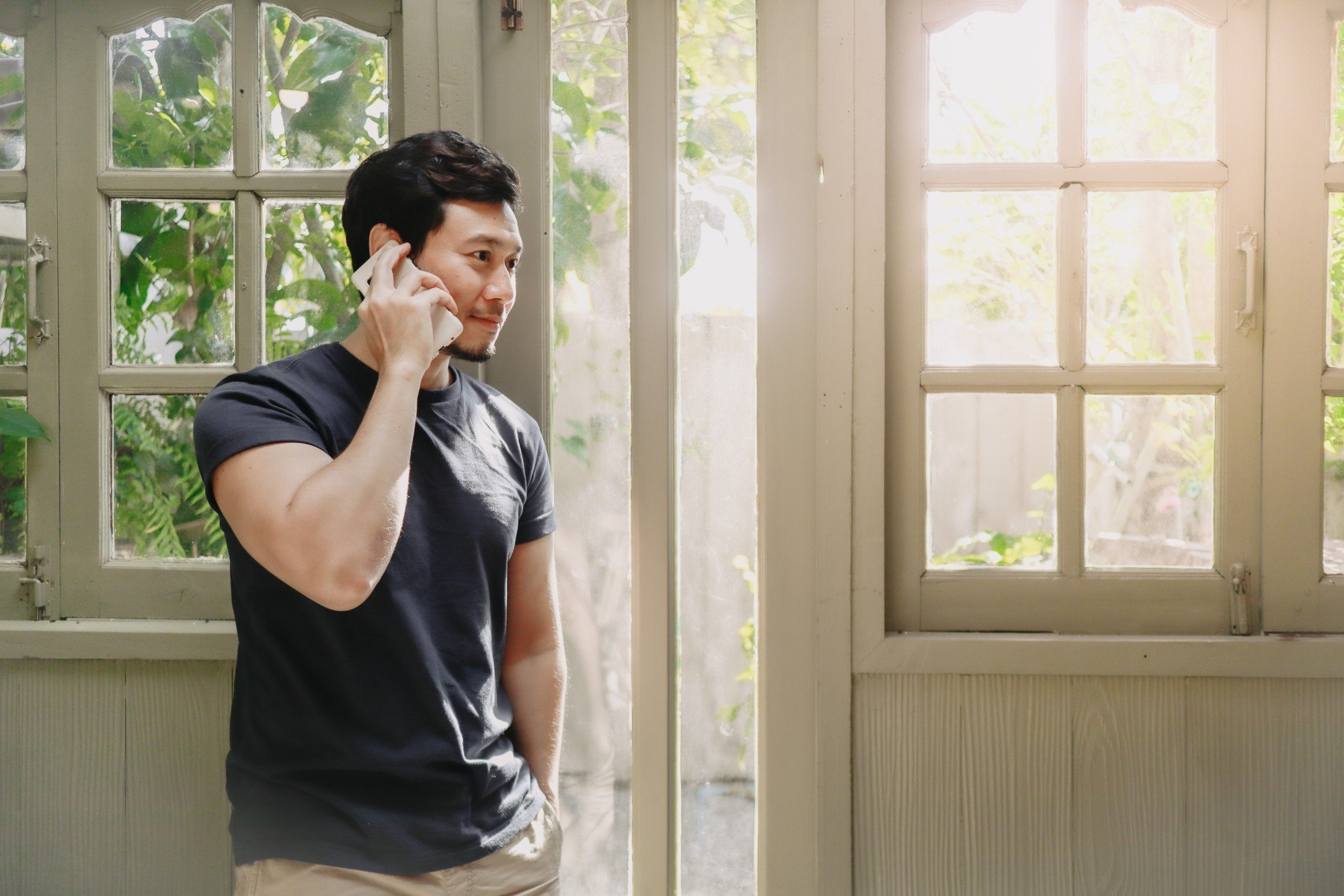
How loneliness and depression drive people – especially men – to seek mental health support, and differences between the sexes and generations
- Women treat therapy like working out, but men ‘react to what is happening’, a counsellor says; younger men are more willing than older men to seek help
- To combat today’s loneliness ‘epidemic’, a family doctor prescribes joining a social group or making one phone call a week to help build social connections
When clinical psychologist Michael Beckham began offering therapy and counselling to clients in Hong Kong, he noticed cultural differences in how people access and use his services.
As a United States-trained and licensed clinical counsellor with almost two decades of experience, Beckham observed that the way people perceive and act on feelings is vastly different depending on their location, gender and culture.
For his US clients, a serious relationship issue is the trigger for their visit in about 15 per cent of cases; in Hong Kong, it is the issue in about 60 per cent of cases.
“In the US, there seems to be a lot of confusion as to what the emotions are,” he says. “In Hong Kong, clients are aware of what they are feeling, they want to know how to address it and how to change it.”

Beckham subscribes to the postmodern theory of psychology, which holds that the client is the expert in their life and the therapist is the listener.
The psychologist is there to provide guidance and clinical information, but mainly theirs is a collaborative effort to find and evaluate the traumas that are leading to the client’s unwanted behaviours.
Beckham moved to Hong Kong in July, 2022, when his wife accepted a position with a new company. He has since taken note of similarities and differences in the factors that influence the decisions of US and Hong Kong clients, especially men, to get therapy.
“In the West, the stigma has dropped tremendously about seeking mental health support,” he says. “For the younger generations it is like a badge of honour to seek help.”

His client base is about 60 per cent female, 40 per cent male.
“Women usually understand that therapy is similar to … working out, they understand this is something they can do consistently to make their life better,” he says.
“So, if you are male, lonely, have reduced self-confidence, and are somewhat ashamed of being in this position, are you going to get yourself to make an appointment with a female and share all of these insecurities?”
A lot of people can’t answer the question, ‘Who are you connected with’? And that is not only referring to a partner, but also to real connections, relationships in their life
Hong Kong has a serious lack of qualified mental health professionals, which makes seeking and finding help even more difficult, he says.
Beckham closely observes how people react to trauma and challenges when they arise in life.
“People, almost always men, are reaching out at the action stage, reacting to what is happening in their life. They want cut and dried solutions, as opposed to [understanding] ‘What are my behaviours? What is happening to me internally that is causing the events in my life or my reaction to them?’”
In Hong Kong, Beckham sees clients reacting to a failed marriage or relationship, or to the impact of being single.
People who have been in a long-term relationship and then become single don’t have the interactive skills that they had when they were 19, Beckham says, which leads to loneliness and depression.
“People become fear-based and start to doubt themselves.”
Dr Charles Brantly, a family doctor in Hong Kong, says loneliness and depression can also be due to a cultural trend specific to Hong Kong, and a product of poor social networks.
“With physical health, people are really willing to do prevention. With mental health, nobody wants to do anything about it until the wheels come off,” says Brantly.
“There is nobody that comes through my doors who has absolutely everything dialled in. They may have one or two components, but then are missing the third.”

As a practitioner trained in the UK, Brantly has also noticed cultural differences that lead to action in mental health.
In London and Hong Kong, the patients he sees are preoccupied with one or two main parts of their life, leaving a third one out of the equation: a relationship or marriage, or meaningful relationships of any kind.
“A lot of people can’t answer the question, ‘Who are you connected with’? And that is not only referring to a partner, but also to real connections, relationships in their life at a sincere level every day,” says Brantly.
“Because of depression and isolation and a tough modern lifestyle, you could say that people are lonely. Or you could say that people are lonely because they don’t have relationships that are as good as the ones they used to have.”
“It’s that fourth one where people look at you funny,” says Brantly. “It is something about our modern lifestyle that leads someone to be interesting, educated, and intelligent – yet have no meaningful connections to people.”
To combat this silent epidemic, Brantly finds himself writing less traditional ‘prescriptions’, either to join a social group, or to make one phone call a week.
“If you call someone to catch up and chat, it can be self-serving because it can make you feel good and you are proud of what you have done,” he says.
In his practice, he has found this approach almost always works.
“The number of people who say to me ‘I regret making that phone call or joining that group’ is zero.”
Brantly acknowledges that people in both London and Hong Kong have trouble accessing mental health services. But social solutions are available to us every day, he says; it’s just something people mistakenly believe matters less.

“This social epidemic is a consequence of having poor social connections. In Hong Kong, you come across hundreds of people a day, and there are lots of opportunities for interactions, and yet, the struggle persists,” he says.
“People need to ask themselves, ‘What are my relationships like?’ A lot of people don’t see them as something worth investing in.”
